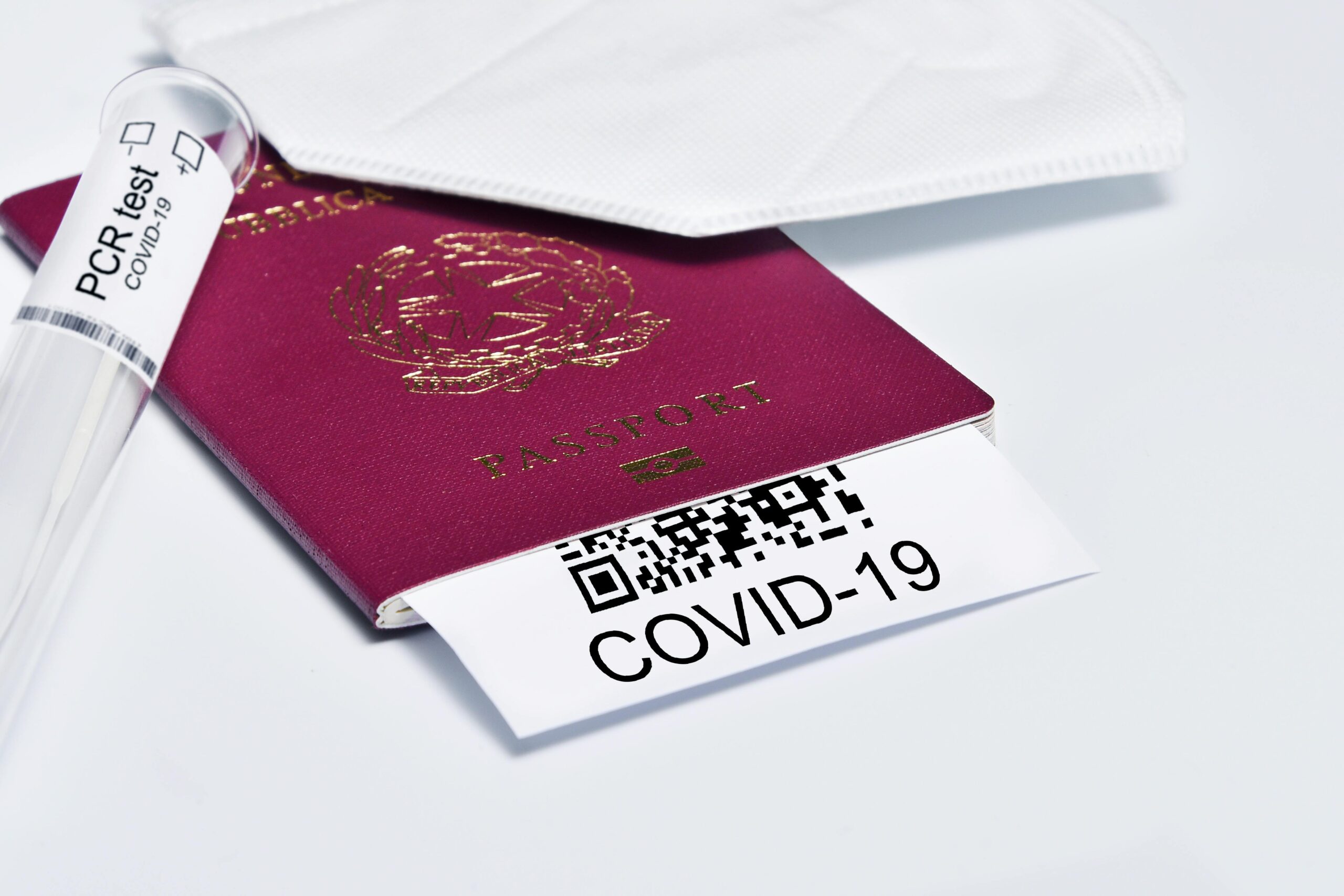Mastering Canadian Immigration: A Comprehensive Guide to Document Authentication and Finding Reputable Consultants
Navigating the Canadian immigration system can feel like traversing a complex maze. With numerous requirements, forms, and procedures, it’s easy to feel overwhelmed. One of the most critical aspects is ensuring your documents are properly authenticated and that you receive guidance from a qualified and ethical consultant. This guide provides a step-by-step approach to document authentication and offers advice on how to choose the right immigration consultant for your specific needs. This comprehensive information should allow any candidate to proceed with confidence.
Table of Contents
- The Crucial Importance of Document Authentication
- A Step-by-Step Guide to Authenticating Your Documents
- Understanding Educational Credential Assessments (ECAs)
- Accurately Documenting Foreign Work Experience
- Choosing the Right Immigration Consultant: A Careful Process
- Recognizing Red Flags: Avoiding Fraudulent Consultants
- Protecting Yourself: Additional Tips and Resources
- Frequently Asked Questions (FAQ)
The Crucial Importance of Document Authentication
Document authentication is a cornerstone of the Canadian immigration process. Immigration, Refugees and Citizenship Canada (IRCC) requires applicants to provide genuine and verifiable documents to support their claims. Failure to do so can lead to serious consequences, including application refusal, delays, and even accusations of misrepresentation, which can result in a ban from entering Canada.
Authenticating documents serves several vital purposes:
- Verifying Accuracy: Ensures that the information provided is accurate and consistent across all documents.
- Preventing Fraud: Helps to prevent the submission of fraudulent or altered documents.
- Maintaining Integrity: Upholds the integrity of the Canadian immigration system.
By taking the time to properly authenticate your documents, applicants demonstrate integrity and a commitment to following the rules, significantly increasing the chances of a successful immigration application.
A Step-by-Step Guide to Authenticating Your Documents
Authenticating documents can be a multi-step process that varies depending on the type of document and the country of origin. Here’s a general guide to help you navigate the process:
- Identify the Required Documents: The initial step involves determining all the documents needed for the specific immigration stream, from educational transcripts to birth certificates, ensuring each is accounted for.
- Obtain Official Copies: Secure official copies of all required documents. For educational credentials, this means obtaining transcripts directly from the issuing institution. For other documents, such as birth certificates or marriage certificates, obtain certified copies from the relevant government authority.
- Notarization (If Required): Certain documents might need to be notarized. A notary public verifies the authenticity of the signature on a document. Check the specific requirements of IRCC to determine if notarization is necessary.
- Authentication by the Issuing Country: Many documents require authentication by the issuing country’s relevant authorities. This usually involves having the document certified by the ministry of foreign affairs or a similar government body. The exact process varies depending on the country, so research the specific requirements for the country that issued your documents.
- Translation (If Necessary): If any of your documents are not in English or French, you will need to have them translated by a certified translator. The translator must provide a certified translation, which includes a statement attesting to the accuracy of the translation and their qualifications.
- Submitting Documents to IRCC: Once you have authenticated and translated all necessary documents, carefully review them to ensure accuracy and completeness. Submit the documents to IRCC as instructed in the application guide for your specific immigration stream.
Understanding Educational Credential Assessments (ECAs)
An Educational Credential Assessment (ECA) is often required for individuals who completed their education outside of Canada and are applying for immigration programs that require proof of education. An ECA verifies that your foreign educational credential is equivalent to a Canadian one. This is crucial for programs like Express Entry, where points are awarded based on education level.
Here’s what you need to know about ECAs:
- Designated Organizations: IRCC has designated specific organizations authorized to conduct ECAs. These organizations include World Education Services (WES), International Qualifications Assessment Service (IQAS), and Comparative Education Service (CES).
- Application Process: Each designated organization has its own application process. Generally, you will need to provide official transcripts and other educational documents to the organization. They will then assess your credentials and issue a report.
- Choosing the Right Organization: Research each designated organization to determine which one best suits your needs. Consider factors such as processing times, fees, and specific requirements. Some organizations may be more familiar with credentials from certain countries or institutions.
- ECA Report Validity: ECA reports are typically valid for five years. Ensure that your ECA report is still valid when you submit your immigration application.
Accurately Documenting Foreign Work Experience
Demonstrating foreign work experience accurately is vital for many Canadian immigration pathways, particularly those under the Express Entry system or Provincial Nominee Programs (PNPs). IRCC assesses your work experience based on several factors, including the duration, skill level, and relevance to the Canadian job market. To effectively document your foreign work experience, you should gather comprehensive evidence and follow specific guidelines.
Key steps to accurately document your foreign work experience:
- Letters of Experience: Obtain official letters of experience from your employers. These letters should be printed on company letterhead and include detailed information such as your job title, duties, dates of employment, and salary. Ideally, the letters should be signed by a supervisor or HR representative.
- Job Descriptions: Provide detailed job descriptions that outline your responsibilities and the skills you utilized. This helps IRCC assess whether your work experience aligns with the requirements of the National Occupational Classification (NOC) code you are claiming.
- Pay Stubs and Tax Documents: Include pay stubs and tax documents as supplemental evidence to verify your employment and salary. These documents provide additional confirmation of your work history.
- Employment Contracts: If available, provide copies of your employment contracts. These contracts can help demonstrate the terms and conditions of your employment, including your job title, duties, and salary.
- Affidavits (If Necessary): In situations where it’s difficult to obtain letters of experience from previous employers (e.g., due to company closures), consider submitting affidavits from colleagues or supervisors who can attest to your work experience. Affidavits should be notarized and include detailed information about your job duties and dates of employment.
Choosing the Right Immigration Consultant: A Careful Process
Selecting the right immigration consultant can significantly impact the success of your Canadian immigration journey. While it’s possible to navigate the process on your own, a qualified consultant can provide invaluable guidance, ensure your application is complete and accurate, and represent you before IRCC.
When choosing an immigration consultant, consider the following factors:
- Accreditation: Ensure the consultant is a member in good standing of the College of Immigration and Citizenship Consultants (CICC). CICC is the regulatory body for immigration consultants in Canada. Membership ensures that the consultant is qualified and adheres to a code of ethics.
- Experience: Look for a consultant with extensive experience in Canadian immigration law. A consultant who has successfully handled cases similar to yours is more likely to provide effective guidance.
- Reputation: Check the consultant’s reputation by reading online reviews and testimonials. A reputable consultant should have a track record of satisfied clients.
- Transparency: A good consultant should be transparent about their fees and services. They should provide a clear written agreement outlining the scope of their work and the associated costs.
- Communication: Effective communication is essential. Choose a consultant who is responsive to your questions and keeps you informed about the progress of your case.
Recognizing Red Flags: Avoiding Fraudulent Consultants
Unfortunately, the immigration consulting industry is not without its share of unscrupulous individuals. Fraudulent consultants may make false promises, charge exorbitant fees, or provide incompetent advice. It is crucial to be vigilant and recognize the red flags that indicate a potential scam.
Be wary of consultants who:
- Guarantee Results: No consultant can guarantee a successful outcome in an immigration case. Immigration decisions are made by IRCC based on the merits of each case.
- Charge Excessive Fees: Compare the fees charged by different consultants. If a consultant’s fees seem unusually high, it could be a red flag.
- Pressure You to Sign a Contract: A reputable consultant will give you time to review the contract and ask questions before signing.
- Refuse to Provide References: A legitimate consultant should be willing to provide references from previous clients.
- Are Not Registered with CICC: Always verify that the consultant is registered with CICC. You can check the CICC’s online registry to confirm their membership status.
Protecting Yourself: Additional Tips and Resources
Beyond the steps already outlined, there are further measures you can take to protect yourself throughout the immigration process:
- Do Your Research: Thoroughly research the Canadian immigration process and the requirements for your specific immigration stream. IRCC’s website is a valuable resource.
- Be Wary of Unsolicited Offers: Be cautious of unsolicited offers of immigration assistance, especially if they come from unknown sources.
- Keep Records: Maintain copies of all documents submitted to IRCC and any correspondence with your consultant.
- Report Suspicious Activity: If you suspect that you have been targeted by a fraudulent consultant, report it to the CICC and the appropriate authorities.
Frequently Asked Questions (FAQ)
What is an Educational Credential Assessment (ECA)?
An Educational Credential Assessment (ECA) is a report that verifies that your foreign educational credential is equivalent to a Canadian one. This is often required for individuals who completed their education outside of Canada and are applying for immigration programs that require proof of education.
What does it mean to authenticate a document for immigration purposes?
Authenticating a document means verifying its accuracy and legitimacy to ensure it is genuine and hasn’t been altered or falsified. This process may involve obtaining official copies, notarization, and certification by the issuing country’s authorities.
How can I verify if an immigration consultant is legitimate?
To verify if an immigration consultant is legitimate, check their registration with the College of Immigration and Citizenship Consultants (CICC), the regulatory body for immigration consultants in Canada. A legitimate consultant will be a member in good standing with the CICC.
What are some red flags to watch out for when hiring an immigration consultant?
Some red flags to watch out for include consultants who guarantee results, charge excessive fees, pressure you to sign a contract, refuse to provide references, or are not registered with CICC. It’s important to be cautious of consultants who make unrealistic promises or seem untrustworthy.
How important is providing accurate documentation of foreign work experience?
Providing accurate documentation of foreign work experience is crucial for many Canadian immigration pathways, particularly those under the Express Entry system or Provincial Nominee Programs (PNPs). IRCC assesses your work experience based on several factors, including the duration, skill level, and relevance to the Canadian job market, and inaccurate documentation can lead to application refusal.
Talk to us to find out more. ->
The content above is not intended to provide legal advice or opinions of any kind and may not be used for professional or commercial purposes.







